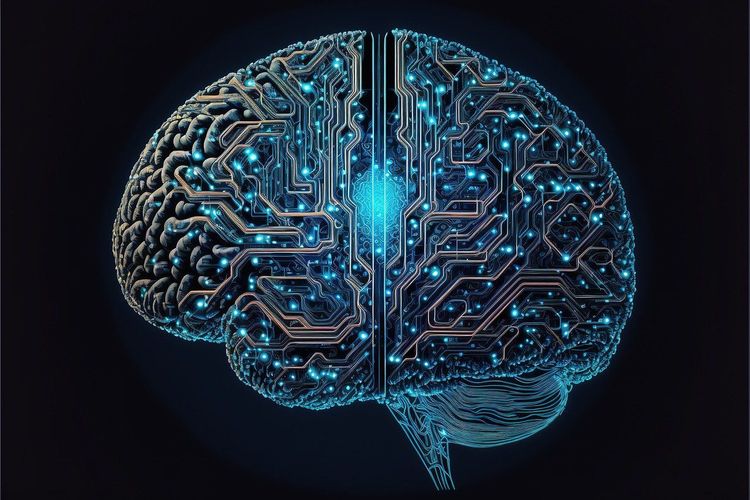Amazon has announced its commitment of up to $230 million to support startups creating generative AI-powered applications. This investment includes approximately $80 million allocated for Amazon’s second AWS Generative AI Accelerator program, aimed at enhancing AWS as a premier cloud infrastructure option for startups developing cutting-edge generative AI models. Notably, most of this funding, particularly the entire portion for the accelerator, will be provided in the form of AWS compute credits, which cannot be transferred to competing cloud services like Google Cloud and Microsoft Azure.
To make this opportunity even more enticing, Amazon has declared that this year’s Generative AI Accelerator cohort will gain access to experts and technology from Nvidia, the program’s primary partner. Participants will also have the chance to join the Nvidia Inception program, which connects companies with potential investors and additional consulting resources.
The expansion of the Generative AI Accelerator program has been significant. Last year, the cohort included 21 startups, each receiving up to $300,000 in AWS compute credits, totaling around $6.3 million in investment. “With this initiative, we aim to empower startups to launch and scale world-class businesses, equipping them with the essential resources to develop ground-breaking AI applications that will transform how the world learns, connects, and conducts business,” stated Matt Wood, VP of AI products at AWS.
Amazon's increased investment in generative AI technology, which includes its $100 million AWS Generative AI Innovation Center and complimentary credits for startups utilizing major AI models, reflects the company’s pursuit to compete with tech giants in the rapidly growing generative AI landscape. Although Amazon asserts that its generative AI ventures are on track to achieve “multiple billions” in annual run rate, it faces perceptions of having fallen behind in this space.
Originally, AWS intended to reveal its own generative AI model, codenamed Bedrock, similar to OpenAI’s ChatGPT at its annual conference in November 2022. However, reported technical issues led to the postponement of this launch, a claim Amazon PR has contested.
Moreover, Amazon's Alexa division has encountered its share of challenges, from technical setbacks to internal conflicts. According to Fortune’s Sharon Goldman, nearly a year after a high-profile demonstration of a “next-gen” Alexa, the updated version is reportedly still not ready, hindered by factors such as limited training data and restricted access to necessary training hardware.
Additionally, Amazon missed early investment opportunities in leading AI startups Cohere and Anthropic. Although Amazon later sought to invest in Cohere, the company declined, leading Amazon to co-invest a substantial $4 billion in Anthropic alongside primary competitor Google.
Recent developments include the departure of Howard Wright, head of AWS startups, who played a crucial role in managing startup partnerships. Furthermore, Amazon faces heightened scrutiny from regulators regarding Big Tech’s investments in AI startups.
The U.S. Federal Trade Commission has recently launched an inquiry into Microsoft’s support for OpenAI, alongside Google and Amazon’s investments in Anthropic. Meanwhile, European policymakers continue to express skepticism about such deals.







